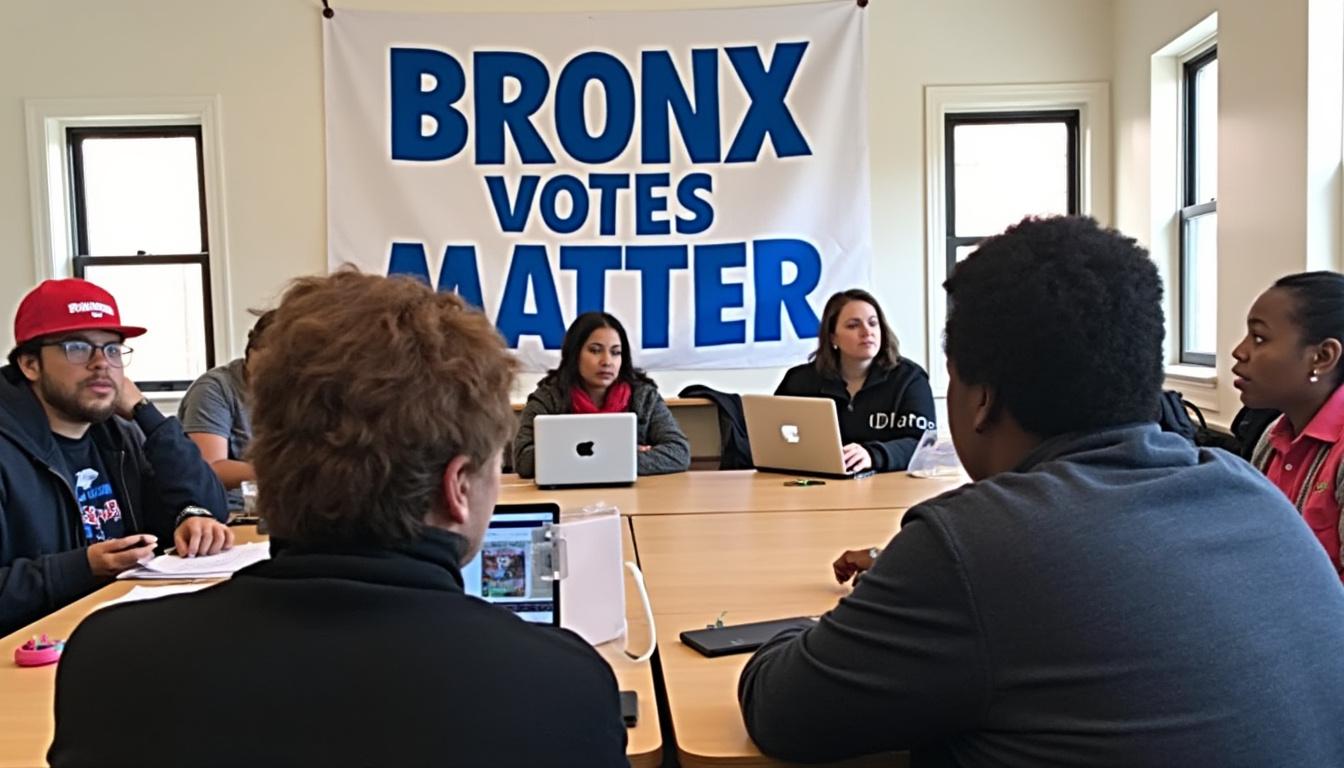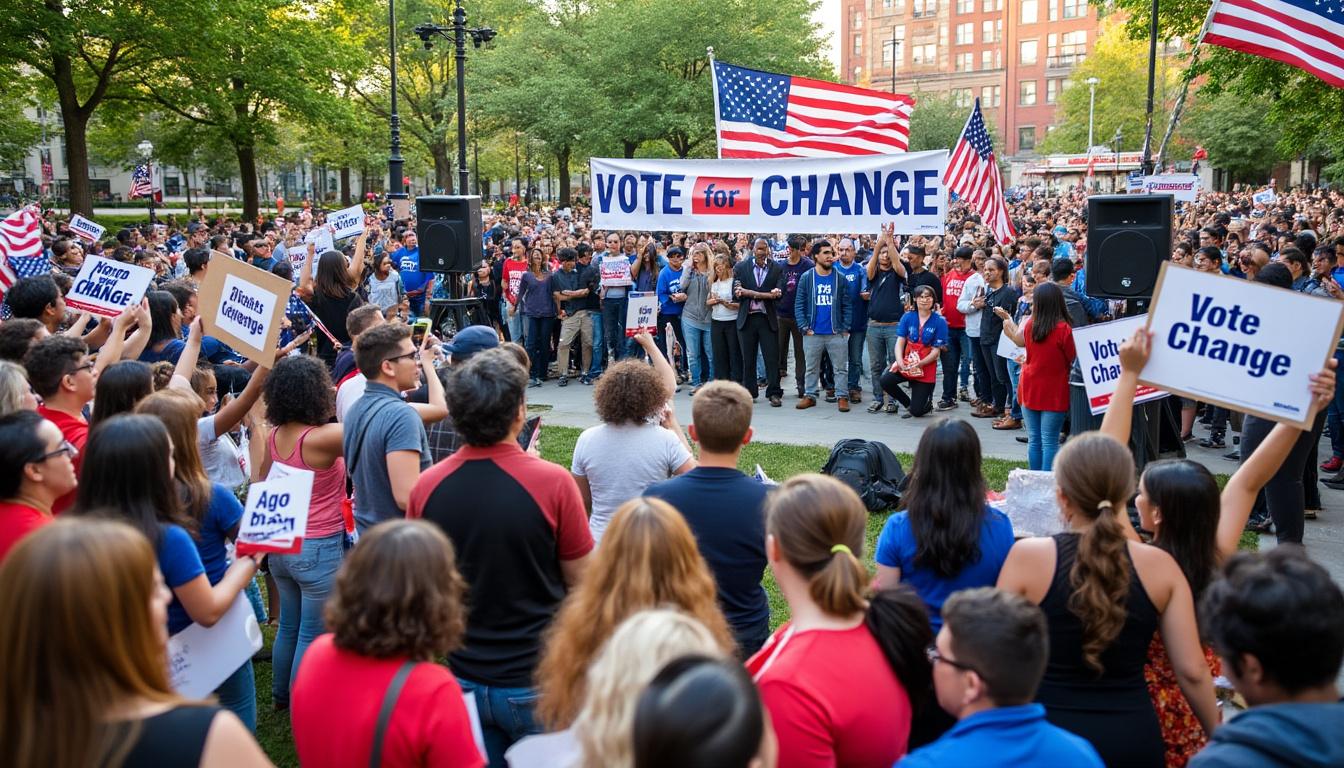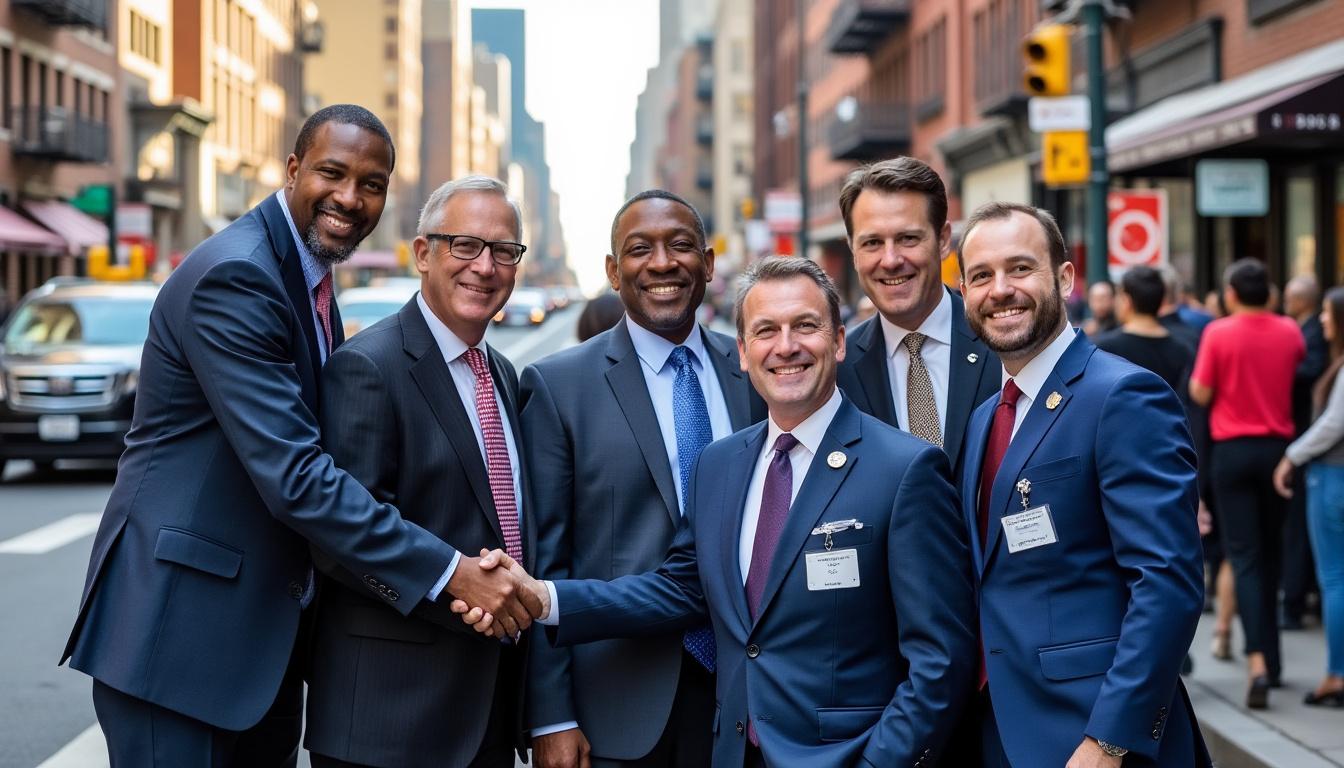In a remarkable political maneuver, Airbnb has significantly stepped into the arena of local governance in New York City, particularly targeting the Bronx through aggressive sponsorship via its political action committee (PAC), known as Affordable New York. This PAC funding recently reached a substantial milestone of $100,000, aimed at influencing the outcome of the City Council elections in the Bronx, especially in the districts surrounding South Bronx and East Harlem. With this bold move, the company is not only investing in political campaigns but also attempting to reshape the local real estate landscape by rallying support for pro-short-term rental candidates.
Airbnb’s Strategic Investment in Bronx City Council Elections
The recent campaign contributions from Affordable New York aim to replace former Deputy Speaker Diana Ayala, with her chief of staff, Elsie Encarnacion, as the candidate of choice for the City Council seat. This initiative is part of a broader strategy by Airbnb to secure political allies who favor policies that accommodate short-term rentals, seen as a critical revenue stream for many homeowners in the Bronx.

A Closer Look at the Allocation of PAC Funding
During the current election cycle, the PAC has made notable investments across various City Council races, showcasing its intent to dominate local politics. The investments include:
- $186,120 for Councilmember Kevin Riley’s reelection against Andy King.
- $74,738 for the reelection of Councilmember Oswald Feliz.
- $99,862 for Councilmember Althea Stevens’ reelection.
- $65,000 to support Councilmember Eric Dinowitz.
- $27,692 for Council Majority Leader Amanda Farías.
The financial backing doesn’t stop there; Airbnb has also contributed $100,635 towards Rafael Salamanca’s campaign aiming to oust Borough President Vanessa Gibson. This investment represents a strategic choice to align with local politicians who can support and potentially champion short-term rental legislation.
The Rising Influence of PACs in Local Elections
As demonstrated by these figures, the influence of PACs in local elections is increasingly significant. A total of $1.1 million has been spent by Affordable New York this election year, with nearly 58% concentrated within the Bronx. Such spending patterns indicate a focused attempt to sway the political climate in favor of regulations that could benefit Airbnb and similar businesses.
The urgency in these investments is underscored by legislative actions taken during the past year, where bills were co-sponsored by Riley, Salamanca, Feliz, Stevens, and Ayala, aiming to overturn restrictions on short-term rentals. Given that previous regulations had limited rentals to less than 30 days, gaining favorable City Council members becomes paramount for Airbnb’s operational strategy.
Community Engagement and Political Strategy
Airbnb’s engagement doesn’t merely revolve around dollars; it weaves through community narratives and candidate platforms. With a focus on the affordability crisis gripping the Bronx, the company is targeting local constituents with a message that emphasizes homeowner empowerment. Nathan Rotman, director of policy strategy for Airbnb in North America, emphasized this point by stating, “We are planning additional major investments in primary and general election races across New York City to support candidates who champion common-sense solutions.”

Hearing the Voices of Local Residents
In a political climate where voices of the community are often overshadowed by financial contributions, candidates like Raymond Santana have taken a hard stance against the influx of PAC money. In various campaign forums, Santana urged voters to scrutinize the motives behind such funding, warning against the potential gentrification and rising living costs that could result from Airbnb’s influence.
Critical questions concerning local government integrity and the best interests of Bronx residents are echoed throughout debates, highlighting the need for community engagement. Candidates are advocating for transparency in political donations and pushing back against a system that may prioritize corporate interests over community needs. In response to criticism, many candidates argue that these funds are vital for their campaigns, considering the restrictions placed on their individual funding sources.
List of Community Concerns
The community has voiced several concerns regarding the implications of PAC funding, including:
- Risk of escalating rental prices leading to widespread displacement.
- Potential for increased gentrification as neighborhoods become more appealing to investors.
- Need for regulations to ensure equitable housing access for all residents.
- Importance of accountability for elected officials receiving PAC funds.
The Implications of PAC Funding on Future Elections
The infusion of significant funds into the Bronx City Council races signals a shift in how local elections are fought and funded. Established norms around campaign financing face challenges as increasingly wealthy entities such as Airbnb sway candidate platforms and policy agendas. Moreover, the relaxed rules surrounding PAC donations create an almost independent power structure where money can dictate political narratives.
Key Takeaways from Current Spending Patterns
| Candidate | Amount Spent | Position |
|---|---|---|
| Kevin Riley | $186,120 | Councilmember |
| Oswald Feliz | $74,738 | Councilmember |
| Althea Stevens | $99,862 | Councilmember |
| Eric Dinowitz | $65,000 | Councilmember |
| Amanda Farías | $27,692 | Council Majority Leader |
| Rafael Salamanca | $100,635 | Borough President Candidate |
Such dynamics ensure that candidates with the support of PACs may prioritize the interests of their sponsors over their constituents, raising ethical concerns about the implications of corporate influence in local governance. As the reach of Airbnb expands, the broader question of how residential communities will be affected looms large on the horizon.
Looking Towards Future Political Landscapes
The influence of PACs, particularly in a vibrant community such as the Bronx, suggests that future elections may heavily favor candidates aligned with corporate interests over traditional community values. As efforts to eliminate restrictions on short-term rentals intensify, it’s critical to monitor the evolving political landscape.

Anticipated Changes in Local Government Dynamics
As more companies recognize the power of political funding, potential candidates and community leaders must prepare for a landscape where financial backing plays a pivotal role. The shifting tides in the City Council reflect a larger trend of tech and real estate giants influencing political narratives through strategic investments in PAC funding.
Residents and potential voters in the Bronx are advised to remain vigilant and engaged in local politics to ensure their needs and concerns are represented. Strategies for effective community engagement could include:
- Attending local forums and building relationships with candidates.
- Organizing community outreach initiatives to educate other residents about their voting power.
- Fostering discussions on the impact of PACs on local governance.
- Creating platforms for residents to voice their opinions on short-term rental policies.
A Growing Need for Transparency in Elections
The situation emphasizes a growing demand for transparency in election campaigns, prompting discussions on potential regulations that could limit corporate influence in local governance. Such regulations could include mandating public disclosure of financial contributions from PACs and establishing stricter limits on campaign financing to protect the interests of community residents.
The future of the Bronx, as shaped by the ongoing elections and PAC involvement, remains uncertain. But one thing is clear: the voices of residents will be increasingly pivotal in shaping their urban environment as they navigate the intersection of local government and corporate interests, especially with the evolving position of short-term rentals in the New York market.
